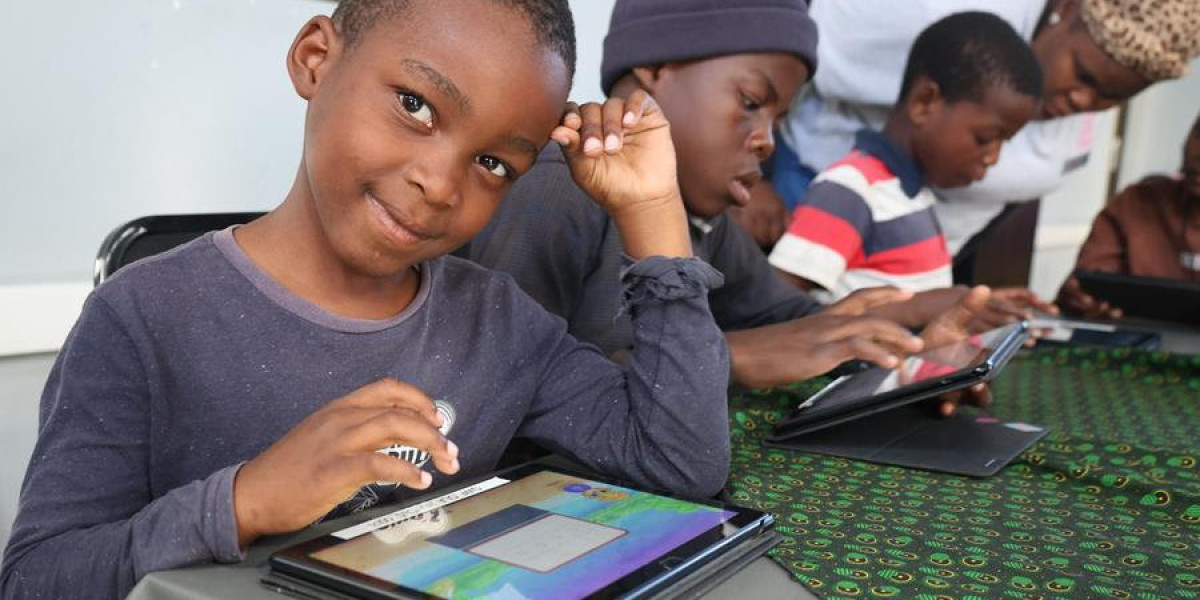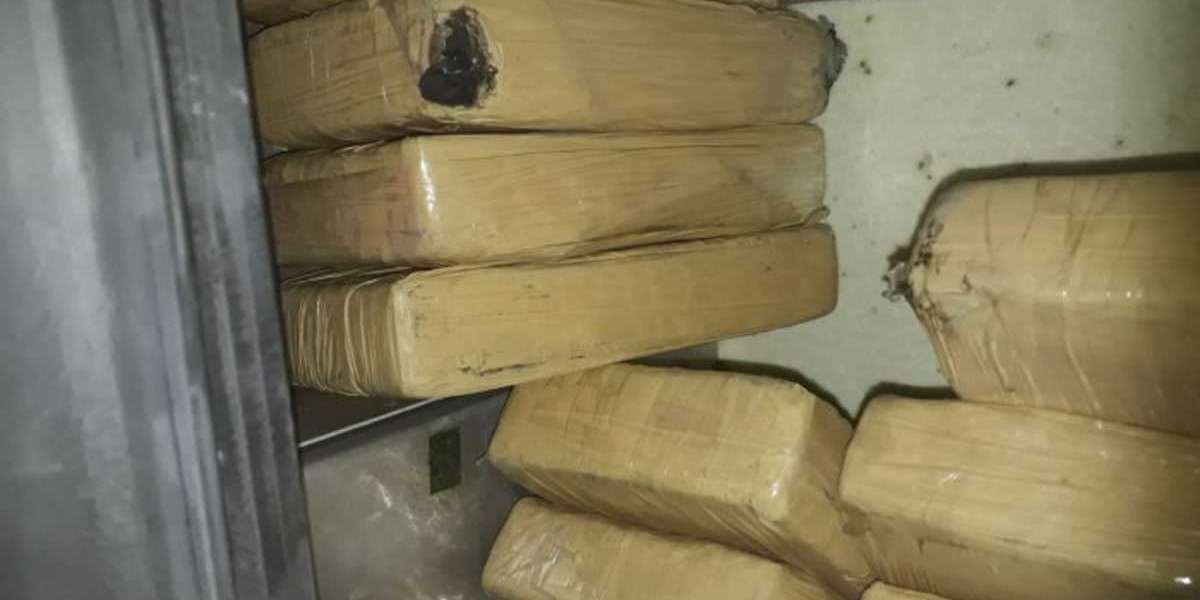These kinds of encounters doing good while enjoying authentically South African experiences benefit non-profits such as Good Work Foundation (GWF), which has mutually beneficial partnerships with a network of private safari lodges in the vicinity of the Kruger National Park that feed into Mpumalangas wildlife economy.
Committed to investing in their communities, many of these lodges encourage their guests to visit a GWF digital learning campus during their stay to see first-hand how rural children and young adults are embracing technology and creativity while learning about conservation.
Being exposed to this joy-filled learning environment, in turn, encourages visitors to donate to help fund GWFs vital education work. Often, guests are so profoundly moved by meeting and interacting with local villagers that they go on to host fundraisers of their own for GWF when back on home soil andbecomelifelong friends and allies of the organisation.
Sue Garratt, co-founder of the Dulini lodges in the Sabi Sand Nature Reserve and an ardent GWF supporter, says agents she speaks to in the United States are increasingly saying that travellers to Africa are no longer content to merely enjoy the trappings ofluxuryaccommodation andgamedrives they want more.
Luxuryis a given but whats the X factor?
For the high-end traveller,luxuryis a given and is expected, she says. But over and above that, theyre now asking, How will it make me feel?
People want to go to places where they can make a difference, and there is huge interest in contributing to social justice through community projects. Those who travel with their families want to teach their children to value not just what they have, but also what they can give to others like education.
Furthermore, sustainable eco-tourismis directly related to conservation, and its essential that we invest in these communities for the longevity and legacy of conservation in our area, says Garratt.
She surmises that the change in how and why people travel is connected to the post-Covid psychology of realising that life is short, so lets make a difference while were here.
Showcasing African excellence
Marcia Pungulimwe, campus manager of GWFs Huntington Digital Learning Campus on the western border of the Kruger National Park, says guests from nearby lodges often arrive unannounced to take a tour of the campus, and to meet the facilitators, learners and students from the village who work and study there.
Guests are keen to see the children doing coding they want to see learning in action, she says. They enjoy clapping and swaying along to spirited outdoor music and dance performances, complete with djembe drums, by local youngsters who attend afternoon classes on campus.
We often have to attend to groups of guests that arrive, sometimes 10 or 20 at a time, so we need to be flexible and ready for anything. But we dont mind because we love hosting them and showing them around. Were proud of our campus, because excellence is one of our core values at GWF.
Coming to Africa is the best education
Nick Sadleir, who heads upluxuryinbound travel company Steadfast Africa, another GWF partner, says the move towards socially conscioustourismis slow, but it holds great potential as a differentiating factor for establishments and tour operators. Coming to Africa on safari is the best education you can give your children, he maintains.
Although international travellers are prepared to pay for conservation experiences such as helping to dart a rhino, its a trickier prospect encouraging them to forge connections with local rural communities. The key, he believes, lies in lodges and operators proactively introducing the idea to their travel clients.
We want people to come to Africa and make a positive impact, and for the trips we plan to make a difference, he says. There has been a big trend post-Covid of people planning longer trips and wanting to live likelocals, not just in big resorts they are looking for real experiences. But the number of clients who get in touch with us specifically to make a difference and meetlocalsis not as high as it should be its not at the forefront of their minds.
Sadleir says that at international travel shows and conferences, there is a lot of talk about conservation and sustainability, but its still mainly talk. Changing consumer habits and patterns will not happen overnight, but it will get there. Because of that, we feel its our duty to do it ourselves through fundraising and starting to offer trips into these communities.
Africa has solutions for itself
Establishments such as Dulini recognise the interconnected and symbiotic relationship betweenlocals, wildlife and the businesses that operate in this ecosystem. Through its esiDulini Community Trust, the lodge supports GWFs Dumphries Digital Learning Campus, near the Sabi Sand reserve, as many of its staff live in Dumphries village.
We have a longstanding connection with Dumphries village, and a desire to see it flourish, says Garratt. Its incredibly exciting to see how investing money in educating a community can make a real and significant difference.
Its wonderful for us to be able to take guests onto the Dumphries campus and see empowered facilitators and children in a beautiful environment thats not derelict they are often surprised to see its a world-class educational facility. Its important for them to see that Africa has solutions for itself and GWF is so good at finding them.








